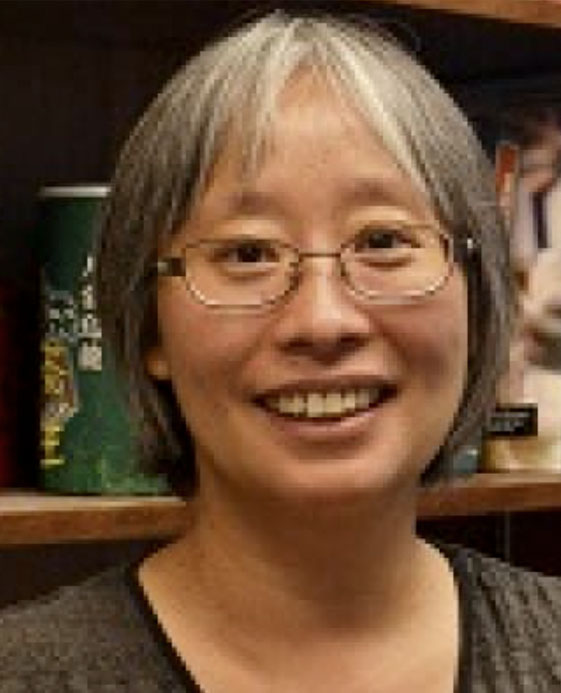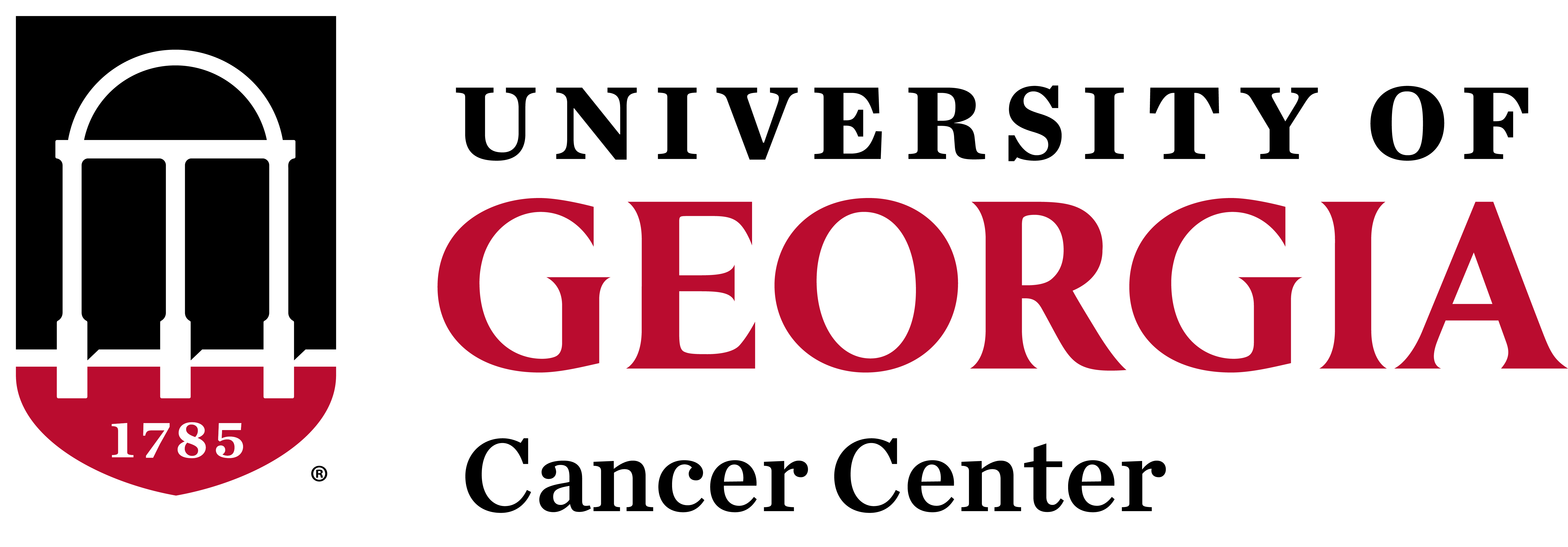
Shaying Zhao
I have been focusing on dog-human comparative genomics and oncology research since 2005. I am the first person to propose and use a novel dog-human comparison strategy for cancer driver-passenger discrimination, a central aim of cancer research. Funded by the National Cancer Institute, the American Cancer Society and the Georgia Cancer Coalition, work from my lab has shown a strong dog-human molecular homology for histologically matched cancer types/subtypes for mammary cancer, colorectal cancer, and head and neck squamous cell carcinoma. My lab has successfully used this novel dog-human comparison strategy for cancer driver-passenger discrimination for amplified or deleted genes in human colorectal cancer (Oncogene 33:814-22). My lab has published the first comprehensive characterization of canine mammary cancers with whole genome sequencing (WGS), whole exome sequencing (WES), and RNA-seq analysis (Cancer Res. 74:5045-56). The same is true for canine head & neck cancer (PLOS Genetics, 11(6):e1005277), colorectal cancer and extreme intestinal polyposis that resembles human familial adenomatous polyposis (FAP). Funded by the American Kennel Club Canine Health Foundation and the English Cocker Spaniel Club of Northern California, my lab is searching for germline mutations that predispose dogs to cancer development, and to improve canine gene annotation by RNA-seq.
I was trained in biochemistry in the laboratories of Dr. Stephen Ragsdale and Dr. Aziz Sancar, a Nobel laureate. I have worked at The Institute for Genomic Research (TIGR) from 1998-2005, where I led the best bacterial artificial chromosome (BAC)-end sequencing operation in the world and made notable contributions to the sequencing of the human, mouse, rat, and cow genomes. In addition, I have built a comprehensive BAC resource database and a BAC end sequence search Web server (Nucleic acids research 28, 129-132). My lab currently consists of 6 PhD students, 4 in bioinformatics and 2 in biochemistry. We have built state-of-the-art data analysis pipelines and published a software tool for copy number analysis with WGS data. I have served on various NIH Cancer Study Sections. I served on an Expert Panel to evaluate the NCI Informatics Technology for Cancer Research (ITCR) program in 2018. I am currently serving on the Steering Committee of the NCI Integrated Canine Data Commons (ICDC) database.
- I have been focusing on dog-human comparative genomics and oncology research since 2005. I am the first person to propose and use a novel dog-human comparison strategy for cancer driver-passenger discrimination, a central aim of cancer research. Funded by the National Cancer Institute, the American Cancer Society and the Georgia Cancer Coalition, work from my lab has shown a strong dog-human molecular homology for histologically matched cancer types/subtypes for mammary cancer, colorectal cancer, and head and neck squamous cell carcinoma. My lab has successfully used this novel dog-human comparison strategy for cancer driver-passenger discrimination for amplified or deleted genes in human colorectal cancer (Oncogene 33:814-22). My lab has published the first comprehensive characterization of canine mammary cancers with whole genome sequencing (WGS), whole exome sequencing (WES), and RNA-seq analysis (Cancer Res. 74:5045-56). The same is true for canine head & neck cancer (PLOS Genetics, 11(6):e1005277), colorectal cancer and extreme intestinal polyposis that resembles human familial adenomatous polyposis (FAP). Funded by the American Kennel Club Canine Health Foundation and the English Cocker Spaniel Club of Northern California, my lab is searching for germline mutations that predispose dogs to cancer development, and to improve canine gene annotation by RNA-seq. I was trained in biochemistry in the laboratories of Dr. Stephen Ragsdale and Dr. Aziz Sancar, a Nobel laureate. I have worked at The Institute for Genomic Research (TIGR) from 1998-2005, where I led the best bacterial artificial chromosome (BAC)-end sequencing operation in the world and made notable contributions to the sequencing of the human, mouse, rat, and cow genomes. In addition, I have built a comprehensive BAC resource database and a BAC end sequence search Web server (Nucleic acids research 28, 129-132). My lab currently consists of 6 PhD students, 4 in bioinformatics and 2 in biochemistry. We have built state-of-the-art data analysis pipelines and published a software tool for copy number analysis with WGS data. I have served on various NIH Cancer Study Sections. I served on an Expert Panel to evaluate the NCI Informatics Technology for Cancer Research (ITCR) program in 2018. I am currently serving on the Steering Committee of the NCI Integrated Canine Data Commons (ICDC) database.
- https:////www.ncbi.nlm.nih.gov/myncbi/shaying.zhao.1/bibliography/public/”
